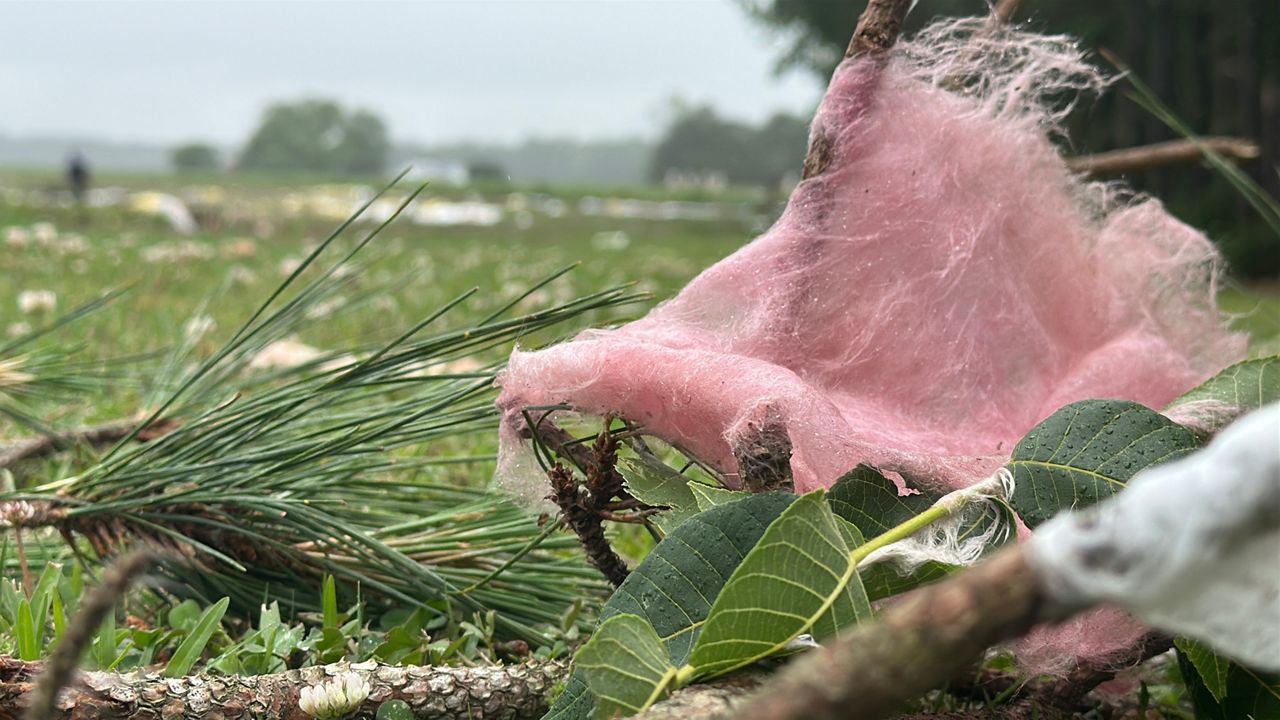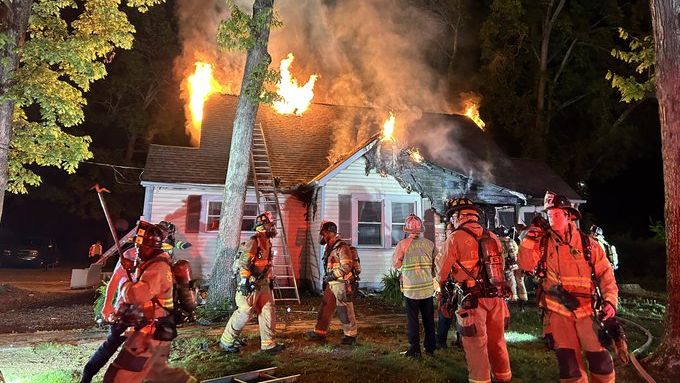DURHAM, N.C. — As we celebrate Black History Month, Spectrum News 1 is highlighting a historic African American neighborhood in Durham.
The Hayti District was established after the Civil War and was once home to the world-renowned Black Wall Street, which thrived in the late 1800s until the 1960s.
Urban renewal and the Durham Freeway demolished much of the area in the 1960s, displacing Black businesses and family homes.
Angela Lee is executive director of the Hayti Heritage Center, which is dedicated to preserving the history of the district.
“Durham was created in the shadow of Stagville, which was one of the largest plantations in the United States, where over 900 people were enslaved at emancipation,” Lee said. “After that time, many of the folks who had been on that plantation stayed and formed a community, and Hayti was the result.”
The community was born in the midst of Jim Crow segregation and thrived until the urban renewal project decimated it.
Today, the Hayti Heritage Center is one of the cornerstones of the Hayti community, still offering year-round programming and educational opportunities.
“Its history goes back more than 130 years, when the building that we occupy today opened as a church, St. Joseph’s African American Church in 1891,” Lee explained. “We are still in that brick and mortar. In fact, our venue is the last remaining original structure from that entire district that was a part of Black Wall Street.”
What was once the sanctuary was renovated to a performance hall, which is home to core programs, including music, dance, a poetry slam group, film festival and a next level film series.
At 7 p.m. Saturday, the center is featuring "Thee Debauchery Ball" as part of its February 2022 film series.
The center also offers facility rentals year-round and does historic tours of the community.











